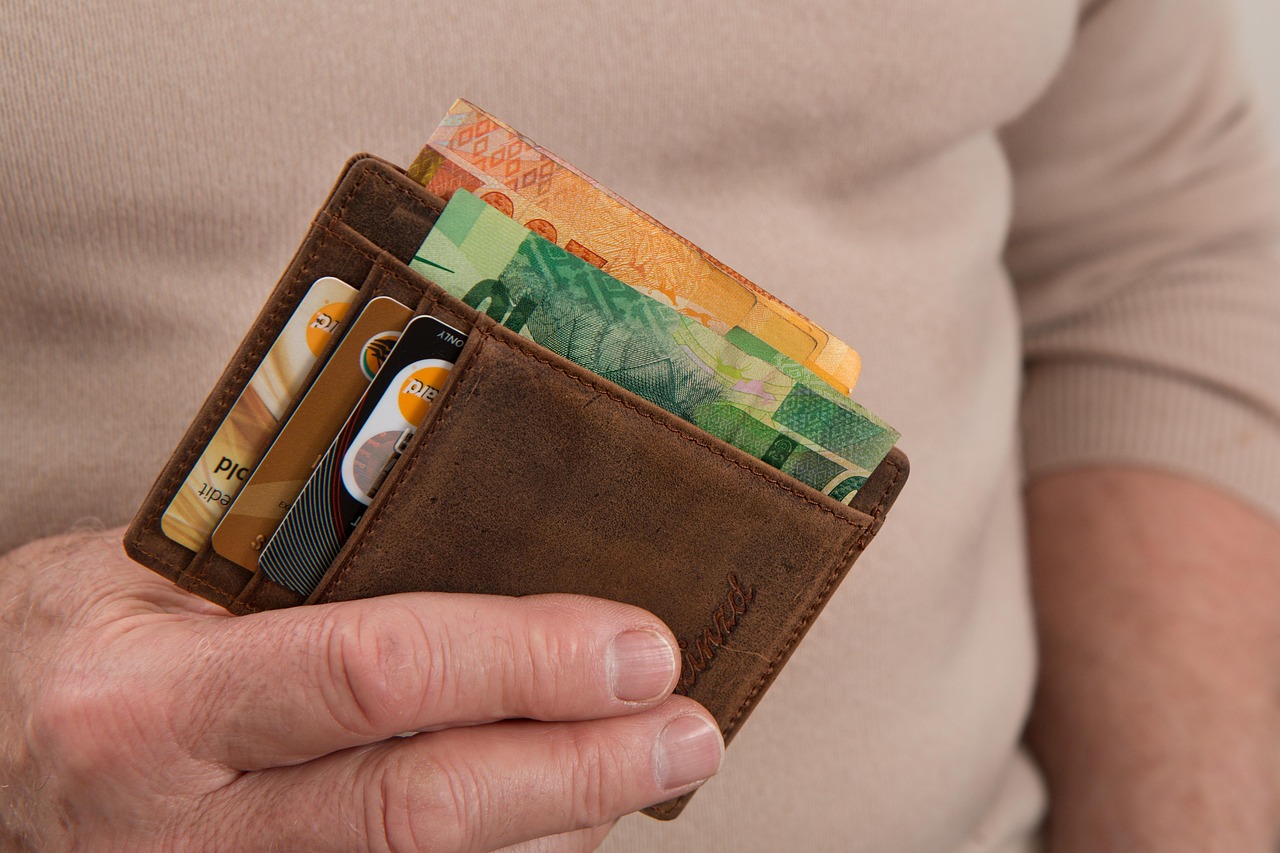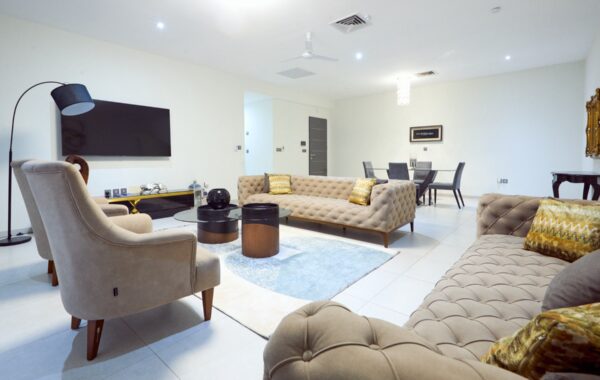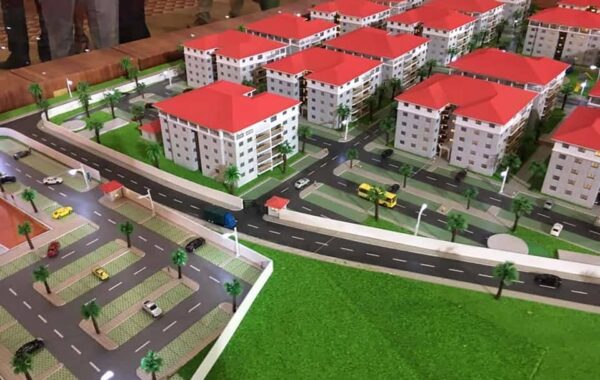
How to Budget for a Home Purchase in Ghana’s Economic Climate
In today’s dynamic Ghanaian economy, homeownership represents both a significant milestone and a strategic investment opportunity. Creating a realistic budget for a home purchase is essential, whether you’re a young professional looking to put down roots, a growing family seeking stability, or a diaspora Ghanaian planning to invest back home.
With fluctuating exchange rates, evolving mortgage options, and a competitive real estate market, proper financial planning and a well-structured budget for a home purchase can mean the difference between achieving your dream home and facing unexpected financial strain.
Ghana’s Current Economic Landscape and Real Estate Market
Ghana’s real estate market continues to evolve despite economic challenges. While inflation and currency depreciation have affected purchasing power, property remains one of the most resilient investment classes in the country. The Ghana property market has shown remarkable resilience, with premium developments in prime locations continuing to appreciate in value.
Key economic factors currently influencing Ghana’s real estate market include:
- Inflation rates are affecting building material costs
- Fluctuating currency values are impacting property prices, especially for dollar-denominated properties
- Interest rates influence mortgage affordability
- Growth in Ghana’s middle class is driving demand for quality housing
- Increased interest from diaspora investors seeking to secure property back home
These factors create both challenges and opportunities for potential homebuyers in the Ghana real estate market. Understanding them is the first step in creating a realistic budget for your home purchase.
Assessing Your Financial Readiness
Before diving into property listings and showrooms, it’s essential to evaluate your financial position:
Step 1: Calculate Your Net Worth
- List all assets (savings, investments, existing properties)
- Document all liabilities (loans, credit card debt)
- Subtract liabilities from assets to determine your current financial standing
Step 2: Evaluate Your Income Stability
- Assess your employment security and income growth potential
- For entrepreneurs or self-employed individuals, review business performance trends
- For diaspora investors, consider exchange rate risks and transfer mechanisms
Step 3: Review Your Credit History
- Obtain your credit report from local credit bureaus
- Address any negative items before applying for financing
- Understand how your credit score impacts loan eligibility and terms
This financial self-assessment provides a foundation for realistic home buying in Ghana.
Creating Your Home Buying Budget
A comprehensive home buying budget extends far beyond the property’s list price. Here’s how to account for all costs involved in Ghana property investment:
Purchase Costs
- Property price: The base cost of your desired home
- Down payment: Typically 20-30% of the property value in Ghana
- Mortgage payments: Monthly commitment based on loan amount, interest rate, and term
- Legal fees: 1-3% of property value for legal documentation and title verification
- Stamp duty: 1-2% of property value
- Property registration fees: Varies based on property value and location
- Real estate agent commission: Usually 5% if using an agent
Post-Purchase Costs
- Property maintenance: Ongoing repairs and upkeep
- Utility connections and deposits: Water, electricity, internet
- Property insurance: Protects your investment
- Property taxes: Annual payments to local authorities
- Service charges: For properties in managed developments like Eden Heights
By accounting for all these expenses, you create a realistic picture of the total investment required, helping you avoid common financial miscalculations in Ghana home affordability assessments.
Smart Saving Strategies for Home Purchase
Building your down payment and reserves requires disciplined saving, especially in Ghana’s current economic climate:
Automate Your Savings
Set up automatic transfers to a dedicated “home purchase” account on payday before you can spend it.
Diversify Your Savings Vehicles
- High-yield savings accounts for short-term goals
- Treasury bills for medium-term savings (6-12 months)
- Fixed deposits for longer-term goals (1+ years)
- Dollar accounts to hedge against cedi depreciation for larger sums
Cut Unnecessary Expenses
Review your spending habits and identify areas where you can reduce expenditure without significantly impacting your quality of life.
Increase Your Income Streams
Consider side hustles, investments, or career advancement opportunities to accelerate your saving timeline.
Leverage Family Support Structures
In the Ghanaian context, family support systems can sometimes provide assistance with down payments or co-signing arrangements.
Exploring Financing Options
Understanding available mortgage options is crucial for Ghana property financing:
Local Bank Mortgages
- Terms typically range from 15-20 years
- Interest rates vary (currently 20-25% for cedi-denominated loans)
- Down payment requirements of 20-30%
Developer Payment Plans
Many premium developments like Eden Heights offer structured payment plans that can be more flexible than traditional mortgages, with options that align with construction milestones.
Pension-Backed Loans
Some pension schemes in Ghana allow members to use a portion of their contributions as collateral for home loans.
Diaspora-Specific Mortgage Products
Several Ghanaian banks offer specialised mortgage products for diaspora Ghanaians, sometimes with more favourable terms than local options.
Common Financial Mistakes to Avoid
When budgeting for a Ghana home purchase, beware of these pitfalls:
Underestimating Total Costs
Many first-time buyers focus solely on the property price, overlooking legal fees, taxes, and maintenance costs.
Neglecting Emergency Funds
Depleting all savings for a down payment leaves you vulnerable to unexpected expenses.
Ignoring Exchange Rate Risks
For diaspora investors or those with dollar income, currency fluctuations can significantly impact affordability.
Over-Leveraging
Taking on excessive debt relative to income can lead to financial stress, even if you qualify for the loan.
Rushing the Process
Emotional decisions often lead to financial regrets. Take time to thoroughly research and plan.
Budgeting Tools and Resources
Several tools can help streamline your home buying budget in Ghana:
Digital Options
- Budgeting apps like Boya that support the Ghanaian currency
- Spreadsheet templates customised for Ghana real estate investment planning
- Mortgage calculators on bank websites
Professional Guidance
- Financial advisors specialising in real estate investments
- Bank mortgage specialists who understand the Ghana property market
- Real estate investment consultants
The Eden Heights Advantage
Eden Heights stands out in Ghana’s real estate landscape when considering luxury residential options offering comfort and investment potential. Located strategically near West Hills Mall, Eden Heights offers various unit types to accommodate different budget ranges and family sizes, from two-bedroom apartments (115 sqm) to luxurious penthouses (356.58 sqm).
What makes Eden Heights particularly attractive from a budgeting perspective?
-
Value Retention:
Premium developments in prime locations typically maintain their value better, even during economic fluctuations
-
Flexible Payment Plans:
Options that can be tailored to your financial situation
-
Comprehensive Amenities:
On-site facilities like a sports complex and swimming pool eliminate the need for separate club memberships
-
Reduced Transportation Costs:
Proximity to essential services and shopping centres
-
Professional Management:
On-site facility management reduces unexpected maintenance headaches and costs
Conclusion
Budgeting for a home purchase in Ghana’s current economic climate requires careful planning, thorough research, and disciplined saving. By understanding all costs involved, assessing your financial readiness, exploring appropriate financing options, and avoiding common mistakes, you can navigate the path to homeownership successfully.
Remember that real estate remains one of the most reliable vehicles for wealth creation in Ghana despite economic fluctuations. With proper planning and the right property choice, your home purchase can be both a lifestyle enhancement and a sound financial decision.
FAQs About Budgeting for Home Purchase in Ghana
1. How much should I save for a down payment on a property in Ghana?
For most properties in Ghana, expect to save 20-30% of the property value as a down payment. For a luxury development, this could be higher, so planning for at least 30% is advisable.
2. Are there government programs to assist first-time homebuyers in Ghana?
The National Housing and Mortgage Fund provides some support for affordable housing, but these programs typically don’t extend to luxury developments. Check with the Ministry of Works and Housing for the latest initiatives.
3. How do exchange rate fluctuations affect my property investment if I earn in foreign currency?
Currency depreciation can work in favour of diaspora investors earning in dollars or pounds, as your foreign currency may purchase more in Ghana. However, this advantage must be balanced against general inflation in construction and finishing costs.
4. What’s the difference between freehold and leasehold properties in Ghana, and how does it affect my budget?
Freehold gives you perpetual ownership, while leasehold (typically 99 years in Ghana) gives you rights for a specific period. Freehold properties generally command higher prices but offer better long-term value and security.
5. How can I determine if a property like those at Eden Heights is a good investment rather than just a luxury expense?
Evaluate factors like location, developer reputation, appreciation history of similar properties, rental yield potential, and quality of construction. Premium developments in excellent locations with comprehensive amenities typically provide better returns and stability.
Ready to take the next step in your homeownership journey? Contact Eden Heights today for a personalised consultation on our flexible payment options and to explore how our luxury residential offerings can fit into your investment strategy. Our financial advisors can help you navigate the budgeting process specific to your situation and goals. Visit our showroom near West Hills Mall or call us at [contact number] to schedule an appointment.


